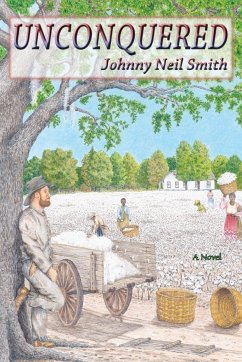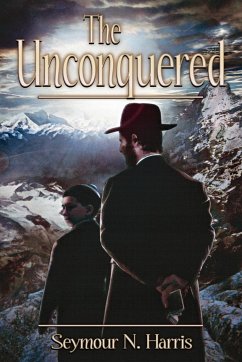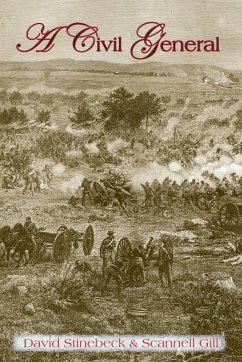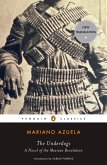After four years of bitter struggles and immeasurable cost in human lives and property, the armies laid down their weapons and the country was reunited. But there was a magnitude of problems emerging from the rebellious and war-torn South and the now-freed slaves. The freed slaves, excited about their liberation, were led to believe that they would receive "forty acres of land and a mule," but this didn't happen. The politicians felt that freedom, citizenship, and the right to vote was enough for them. True equality was never pondered, and these people, emerging from servitude, were met with apathy and resentment. Who would represent these people, and who would mend the bitter feelings and destruction left by the war? John Wilson, who first appeared in the author's "Hillcountry Warriors" which was acclaimed as "an above-par work of period fiction" by "Publishers Weekly," was such a man. Wilson had fought for the Confederacy and upon returning to his home in Mississippi, felt there was room for all races. In essence, he was a man beyond his time. As long as Federal troops were stationed in the South, some order existed, but when they were removed in 1876, an internal struggle for power erupted. As time passed, Wilson was eventually appointed a district judgeship and he felt that he could make his dream of justice for all a reality. This is his story, and the story of many who labored to mend the bitter feelings and destruction left by the Civil War. Johnny Neil Smith, author of the critically acclaimed "Hillcountry Warriors" of which "Unconquered" is the sequel, is now a retired educator and has always had a deep interest in early American history. Since four of his great grandfathers served in the Confederate Army, he is fascinated with the American Civil War and has spent years of research on the subject.
Hinweis: Dieser Artikel kann nur an eine deutsche Lieferadresse ausgeliefert werden.
Hinweis: Dieser Artikel kann nur an eine deutsche Lieferadresse ausgeliefert werden.








